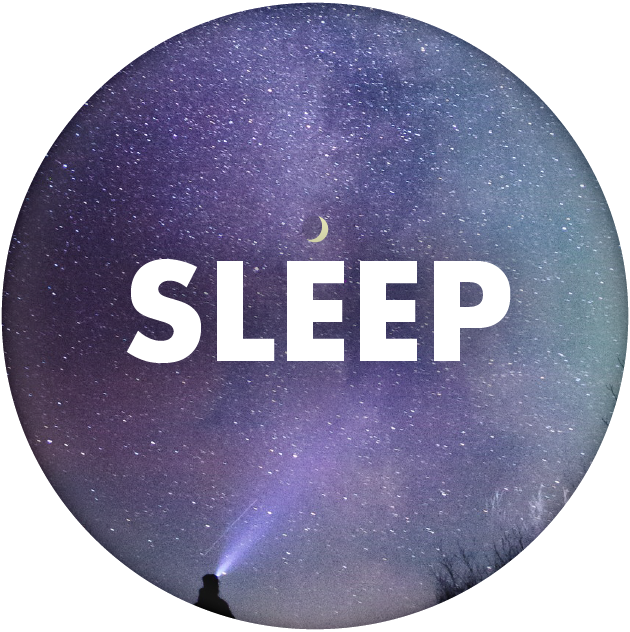What affects your mood?
Not sure where to look? Let this page get you started.
It’s often when we stack multiple approaches together that we reach true, sustainable success.
SYMPTOMS
Elevated, Chronic Anger, Depression, High Irritability, Impatience, Hopelessness
MOOD: Rating Influence
Discussion
Influence on mood: 10
The restorative powers of sleep are unrivaled — including re: your mood.
If you’re interested in being your best, happiest self — there’s nothing better or more important than fixing chronic sleep issues.
Your relationships, performance, satisfaction all get a boost from dependable good rest.
Do yourself a favor and take your sleep up a notch, and watch the benefits start tallying up — in every aspect of your life.
Influence on mood: 10
Crazy stuff happens in your gut.
How lovely is it to eat a nice, large meal — and have zero digestive issues?
The food just… disappears!
By contrast, when your meal just sits in your stomach, making you feel bloated… do you feel like doing ANYTHING?
Or being around anybody?
The gut-brain connection is also on display here: Take care of your gut to take care of how you feel about yourself, others, and the world around you.
Influence on mood: 10
Light raises dopamine in the brain.
Did you know the wrong frequencies of light have the ability to elevate your cortisol — the hormone of stress?
Did you know that light can lower blood pressure, lessen an allergic reaction, and boost mood?
If you’re truly passionate about being the best version of yourself — get wise to how the light that hits your skin (and ESPECIALLY your eyes) directly controls how your brain works.
Influence on mood: 8
Good nutrient balance can improve your mood.
Conversely, bad nutrient balance can worsen your mood.
Most all of individual nutrients will have unintended consequences and should not be taken long term — even at low doses.
However, nutrients can be supplemented in such a way that they correct long-term imbalances and deficiencies.
And when that happens — particularly in Phase 1 of Nutrient Balancing — you can see a surprising lift in your mood.
Influence on mood: 8
One of the single greatest mood-enhancers there is.
However, if you’re struggling and trying to recover your health, exercise can actually cause serious blood sugar crashes and make your mood even worse.
Figuring out how to move for the recovery of your health will give you the same benefits for your mood and outlook as regular exercise does for healthy folks.
Influence on mood: 7
Chemical exposure (like from new-product VOCs) can make you feel super air-headed and foggy.
Mold exposure can make you angry and confused.
Strong EMF from a breaker box or cell tower can make your head pound and heart pump like it’s jumping out of your chest — or affect you in less obvious ways, like make your blood sugar crash or dehydrate you.
And the people in your life can absolutely turn your mood sour.
Paying attention to the buildings you’re in, their locations, their air quality, the EMF around you, and the people you spend time with is critical to growth and empowerment.
If you find yourself feeling anxious and realize you’ve been sitting at your computer all day (with wifi & bluetooth on), you don’t have to freak out about it — but you can understand that these were some factors that are known to add to whatever stress or burden you were already dealing with.
And the exposures compound — they add up.
Become aware of your surroundings — and stop blaming only yourself for how you feel.
Influence on mood: 7
Chronic mold exposure can make you feel *insanely* insane.
You can start think you’re absolutely LOSING it.
Irritable, frustrated (even over small things), outbursts — it’s a well-known thing in the mold community.
All you have to know is that the body’s response to mold is inflammation, cortisol (stress), and therefore a plummeting blood sugar.
From there, it’s a cascade of terrible emotions and mental states that’s only made worse by terrible sleep every single night — with no relief.
Influence on mood: 6
Depression, irritability, and apathy are hallmarks of hypothyroidism.
If you’re just feeling sluggish overall, and the problem persists, you might want to think about how your thyroid is performing.
There are plenty other signs of hypothyroidism, including cold body temperature, poor sleep, poor digestion, and fatigue… but your overall mood can be a reliable, instant symptom that alerts you that you’ve “gone hypo-.”



